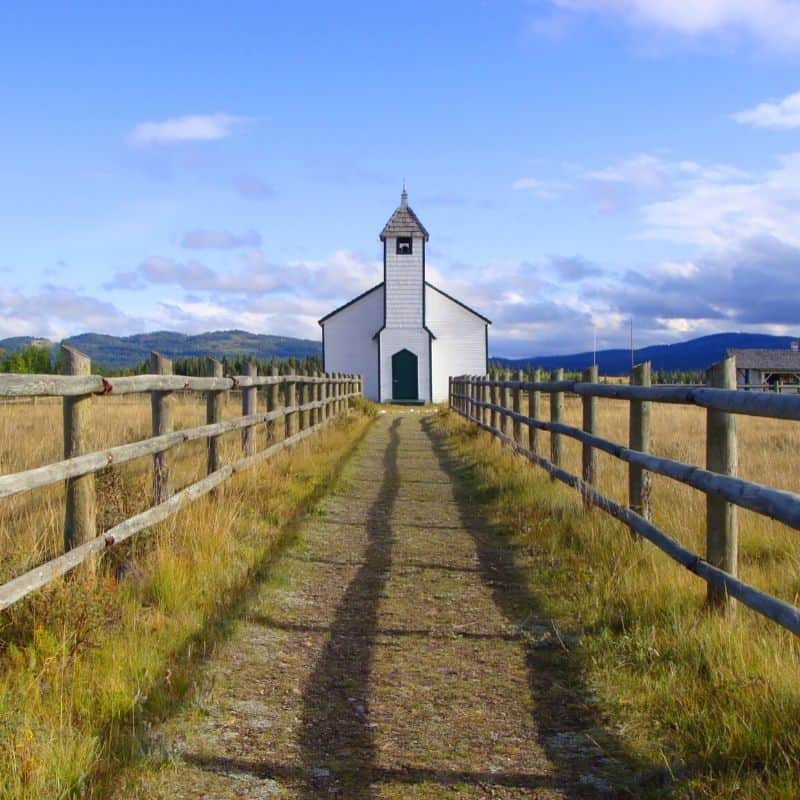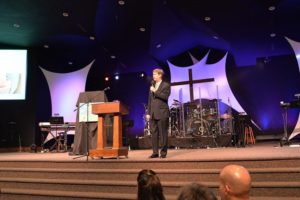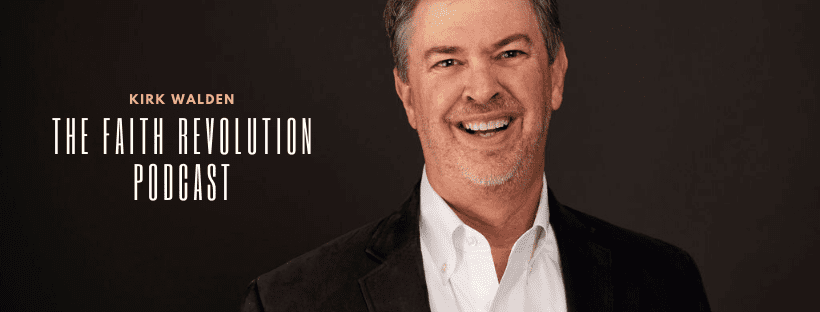
Rethinking Church
The idea of, “Rethinking Church” may sound ominous. I get it. There will be questions.
“Is this about quitting church?” “Is he going to be that guy to tell us we’re doing ‘church’ all wrong?
The answers? “No, and no.”
Rethinking Church is not about walking away from the idea of church. Nor is it about telling everyone the “right” way to do church. I’m not that smart, anyway.
But let’s keep this real. If today’s church is going to somehow maintain its relevancy and influence our culture, it’s time for challenging questions and honest answers.
It All Started with Coffee
For me, the questions began during what was supposed to be just another day, having coffee and reading a chapter or two in the Bible. Honestly, I wasn’t “studying” or anything like that. Just reading, probably talking to my lovely wife Jenn in the middle of it all.
I was reading through Luke’s account of the early church—the Book of Acts—and one verse gnawed at me, troubled me, captured me and would not let go. I was intrigued, bothered and surprised, all at the same time.
In the second chapter, Luke writes that the first followers were “having favor with all the people.”
I couldn’t just skip past that phrase and move on. Because Luke—not only a physician but a historian of the day—wasn’t simply dropping in a poetic phrase to wrap up a thought.
He wasn’t jotting down a cute, churchy saying to make everyone feel good about themselves.
And Luke wasn’t done. The next sentence? “And the Lord was adding to their number day by day those who were being saved.”
C’mon Luke. Is This Real?

Truth? I’ve been active in churches for 40+ years, since the age of 17. I’ve taught Sunday school to everyone from two-year-old children (that’s exciting stuff, believe me) to senior adults. And, I’ve been a guest speaker, spoken to pastors and groups belonging to many denominations. Bottom line is, I’ve been in a lot of good, good churches.
But—being honest—I’ve never been in a church quite like the one Luke describes. That isn’t criticism, it’s fact. And I’m not the only one. I doubt any us are experiencing what Luke talks about.
Let’s remember too, Luke isn’t talking about “First Church of Jerusalem.” He’s talking about the church—because everyone was together, not divided by how we do this thing or what we believe about that “doctrine.”
So yes, Luke’s description of the early church—when I compare it to the church of today—gripped me. How do we find what they had? I want to know, because that’s what I want.
Offending the Right People
If we dive deeper into Luke’s description, someone might say, “Not everyone thought highly of the early church. Some hated them. They were persecuted!” True.
But let’s ask, “Who persecuted the early church?” Two groups hated the first followers; the religious leaders and the political power brokers. The reason is simple: They felt threatened by this ragtag bunch of Christians.
Just for the record, these are the same people who hated Jesus. Go figure, right?
Yet, common people loved the fledgling church. Those outside the ruling elite flocked to the early church with such fervor and excitement, Luke tells us their numbers grew daily.
As in, not once a week, not at a stadium event, but every day.
The early church wasn’t perfect. It had issues, which we read about throughout the New Testament. But they did something right, that’s for sure.
Beginning With Questions
Rethinking Church starts with two questions:
First, “Does today’s church influence our culture the same way the early church influenced its culture?”
Second, “If not, what must we change to regain the influence we once had?”
No Easy Answers
To the first question, we’re not talking about your church, my church or the church down the road. “The Church” is all of us who claim to follow Jesus Christ. Because no matter our denominational label or where we meet, we’re all in this together.
Back to the question. Are we truly influencing those around us in such a positive and powerful way, overwhelmingly the people—wherever we are—view faith favorably and are seriously considering joining us?
Or, do too many see our faith critically, pointing out what they perceive as hypocrisy or judgmentalism? I’m not saying this perception is fair. But while today’s church deals with this criticism all the time, the early church didn’t seem to have this problem.
But here’s another, perhaps worse, issue: Do most people outside the church simply tolerate us, yet ultimately see our faith as irrelevant?
Us and Them
The early church so influenced their culture, the power-elite shook with fear. Because the Regular Joe’s so embraced the first followers, the Grand Poo-Bahs of the day (Fred Flintstone reference here is free) cried out, “These men who have upset the world have come here also!” (Acts 17:6)
My answer to that first question then is, “No.” We don’t influence our culture like the early church did. This isn’t to say we have no influence, or that we are abject failures when it comes to influencing our culture. But let’s be transparent enough to say most in our culture don’t see the church Jesus launched as relevant today. Let’s admit that much and move on to the second question.
Finding Solutions
So, how do we change? How can we recapture what they had and influence our world with good news—just like they did?
First, let’s redefine “Church.” We’ve got to think bigger than the place we meet once or twice a week, and, let’s think small enough to see our personal, vital roles in influencing those around us.
Second, let’s recapture the faith of the first followers. Theirs was a simple faith, unencumbered by complicated doctrines. They focused on just a few core beliefs, and dedicated themselves to loving God and loving others. It was that simple. Let’s not make this difficult.
Finally, let’s be the kind of people who attract others to our faith. What did those early Christians think, say and do that caused so many to say, “I want me some of that?”
Let’s Do This
Rethinking Church is challenging, sure. We’ll probably have to kill some of our sacred cows along the way. Yet, sacred cows make the best steaks, right?
As we go along however, I think we’ll find Rethinking Church can be fascinating and freeing, too.
So, whether “church” has been in your DNA since birth, if you came to faith later—or even if you’re wondering about whether the idea of “the church” is worth the bother, let’s rethink all of it. It’s going to be a fun journey





